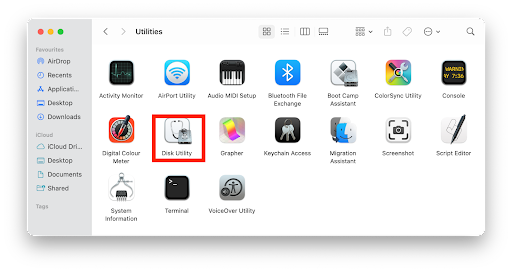Database administration services are an indispensable component of modern organizations. In this guide, we delve into the realm of database administration, unpacking its components, the duties of a database administrator, and why it’s a vital cog in the machinery of business success.
In today’s data-driven world, businesses rely heavily on efficiently managed databases to store, organize, and retrieve valuable information. This is where database administration services step in, playing a crucial role in ensuring the smooth operation and security of databases. From small startups to large enterprises, every organization that deals with data needs effective database administration to maximize performance and minimize potential risks.
To begin with, what does “database administration services” entail? At its core, these services encompass tasks and activities spearheaded by database administrators to guarantee that a database remains accessible when required. Essentially, these types of services play an important role for just about any organization that leverages one or multiple databases.
Database administration involves some tasks targeted at maintaining the integrity, and accessibility to a database system. These types of services encompass various aspects, for example installation, configuration, monitoring, backup and recovery, security management, performance optimization, and troubleshooting. Skilled database managers (DBAs) manage these characteristics to make sure that the database atmosphere functions optimally and meets the organization’s needs.
Also read: How to hire a database administrator? | List of top 25 DB Admins
Now, what constitutes the diverse range of tasks ensuring maximum database uptime? Database administrators oversee multiple responsibilities, including:
- Database Security: This involves guaranteeing access only to authorized personnel, while safeguarding against unauthorized breaches.
- Backup/Recovery: Given the unpredictability of technology, it’s essential to have robust backup and recovery systems. Administrators ensure daily data backups and data restoration capabilities.
- Database Tuning: Analogous to tuning a vehicle for optimal performance, databases demand regular attention. Regular monitoring for elements like memory allocation, file fragmentation, or disk usage is vital for peak performance.
- Running Reports & Queries: For those who may not possess the technical prowess, administrators execute database queries and generate reports.
Moreover, database administrators may have an array of other responsibilities, from deploying codes to establishing new databases. In essence, their primary objective remains ensuring database functionality at its highest potential.
The subsequent query that arises is the sourcing of such specialized expertise. Acquiring a competent database administrator isn’t a straightforward task. Their skills are niche, placing them in high demand but limited supply. Moreover, hiring a full-time database administrator might weigh heavily on an organization’s budget.
Fortunately, an alternative exists in the form of outsourced database administration services. This refers to partnering with external entities specializing in database administration tasks, from monitoring to backups. Opting for this approach is not only cost-effective but also assures that seasoned experts are steering the ship. The advantages are manifold: financial savings by avoiding full-time hires, and the peace of mind knowing seasoned experts oversee the intricate world of databases.
At DB Serv, we pride ourselves on our proficiency in database administration services. Our repertoire includes:
- Database tuning
- Establishing new databases
- Comprehensive database consultancy
- Data restoration
- Capacity planning
- Routine database maintenance
- Code deployments for databases
Moreover, our expertise extends to various Oracle Database Services, encompassing areas like storage, management, security, backup, and recovery.
Also read: Why is Big Data so Important to the Banking Sector?
Inside the digital age, databases function as backbone of economic operations, holding immeasurable valuable data. Effective database administration services are very important to help keep data integrity, security, and satisfaction. By entrusting skilled database managers while using needed installation, configuration, monitoring, and maintenance, companies can make certain their data infrastructure operates seamlessly, enabling them to concentrate on their core objectives without getting to bother with database-related challenges. Ultimately, purchasing robust database administration services can be a proper move which includes for the overall success and competitiveness of recent companies.



















